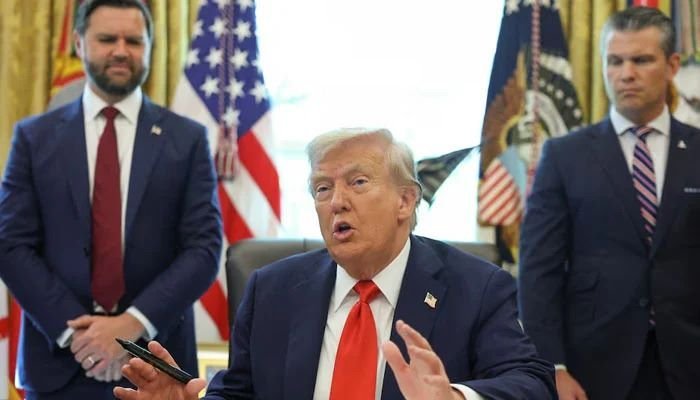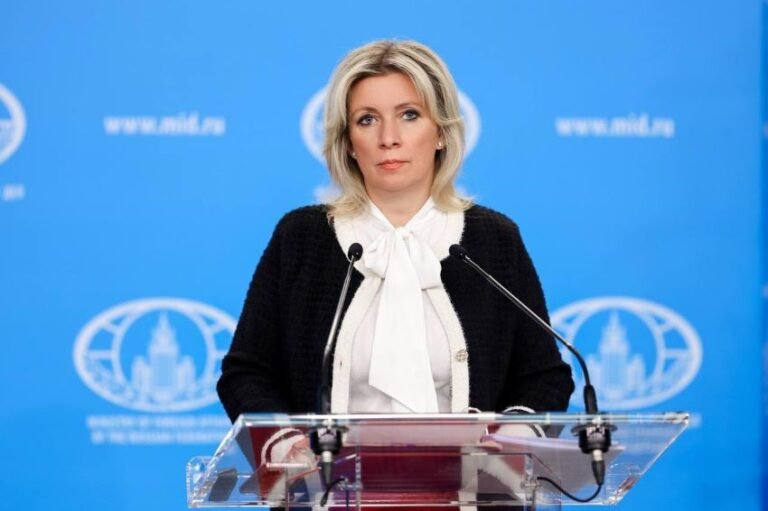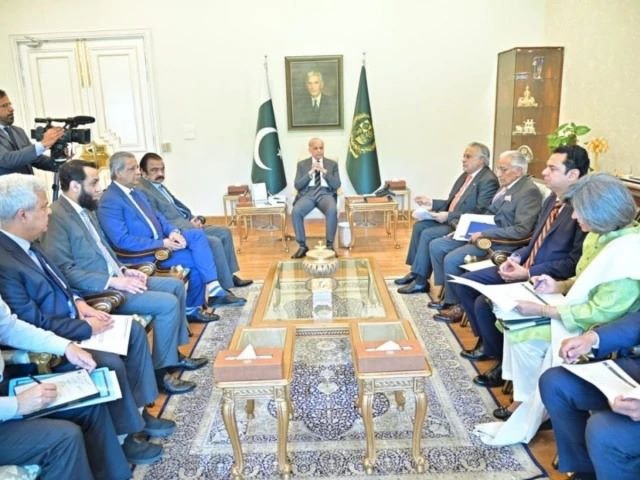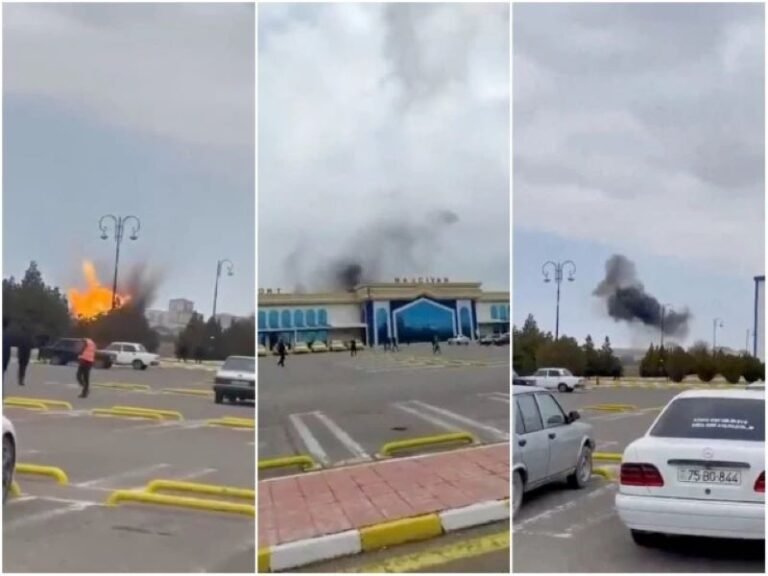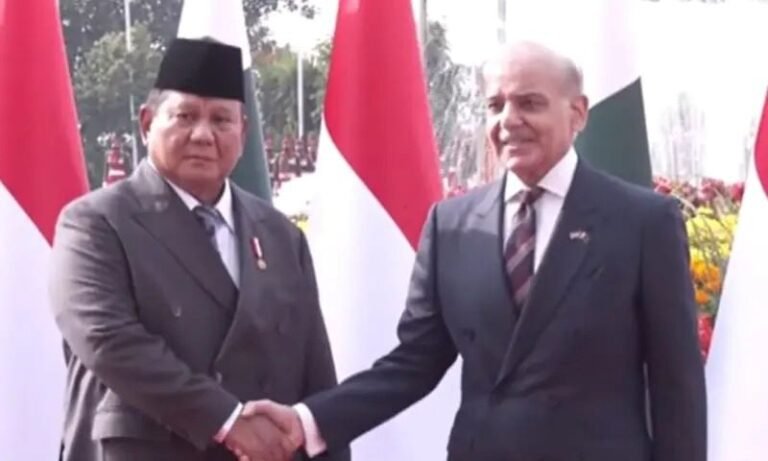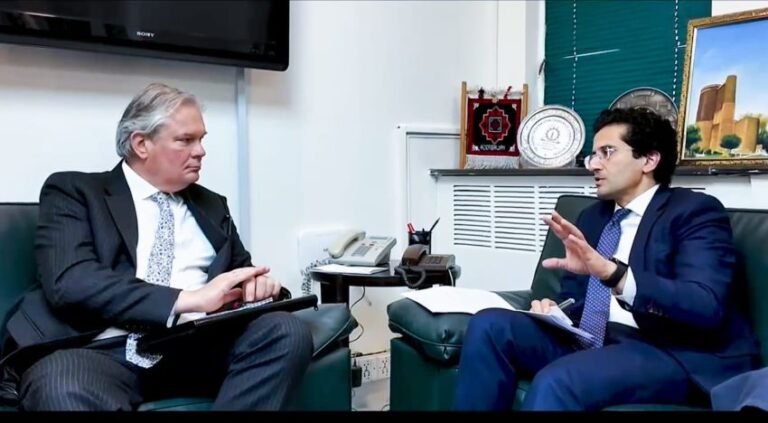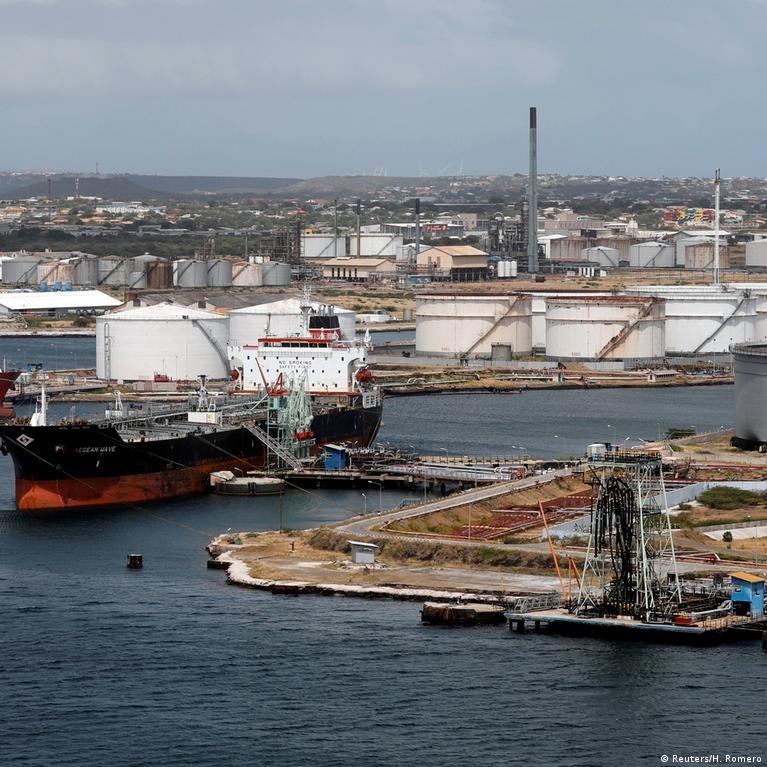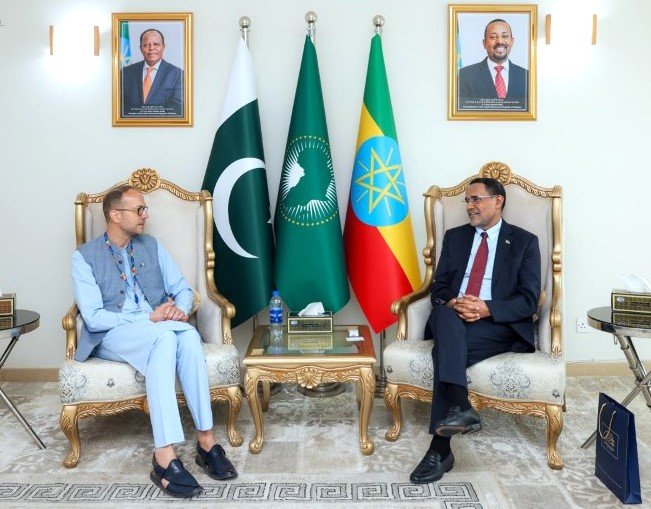Taipei (TDI): Taiwan’s foreign ministry announced on Friday that Washington has signed off on a military package worth about $330 million, the first such approval since President Donald Trump returned to office.
Although the United States does not formally recognize Taiwan as an independent country, it remains the island’s primary source of military hardware.
China, which views Taiwan as part of its territory, reacted sharply to the announcement. The Chinese foreign ministry condemned the deal and warned that Beijing would take all necessary steps to safeguard its sovereignty, security, and territorial integrity.
The arms package, authorized by the US State Department, includes an assortment of “non-standard parts, repair components, consumables, and maintenance support” for Taiwan’s F-16 fighter jets, C-130 transport aircraft, and Indigenous Defense Fighter (IDF) fleet, according to a statement from the US Defense Security Cooperation Agency.
Read More: China Sanctions Three US Firms Over Taiwan Arms Sales
President Lai Ching-te’s administration has pledged to strengthen Taiwan’s defense capabilities. Despite advances in Taiwan’s domestic arms production, its defense forces would be greatly outmatched in any direct conflict with China and continue to depend heavily on American military supplies.
In regional security discussions, analysts note that such arms sales are often part of long-standing arrangements rather than abrupt policy shifts. Washington has maintained a consistent approach across administrations, framing these transfers as measures to support stability in the Taiwan Strait.
Beijing, for its part, regularly reiterates its preference for resolving cross-strait issues through peaceful means, while emphasizing that dialogue and constructive engagement remain essential to long-term stability. Observers say continued communication between all parties is critical to lowering tensions and preventing misunderstandings.
Read More: China Opposes US Support for Taiwan-Guatemala Ties
Diplomats in Taipei, Beijing, and Washington generally agree that maintaining open channels and encouraging diplomatic exchanges will help manage security concerns in the region. As global attention remains focused on the Indo-Pacific, stakeholders continue to stress the importance of restraint, clarity, and adherence to established mechanisms for conflict avoidance.
Monitoring Desk
- Monitoring Desk
- Monitoring Desk

